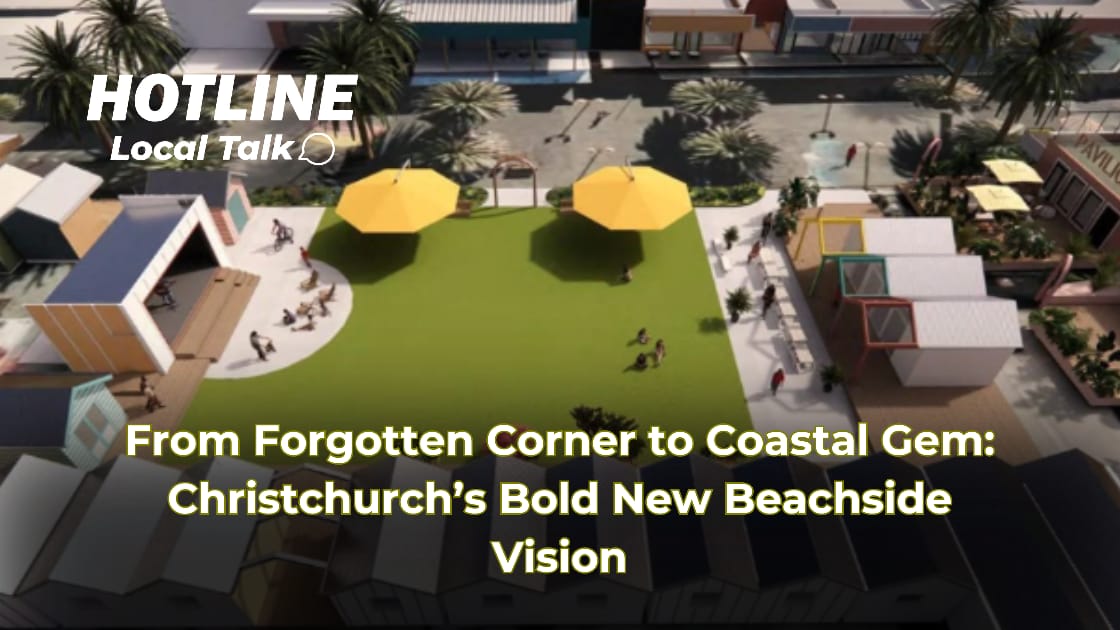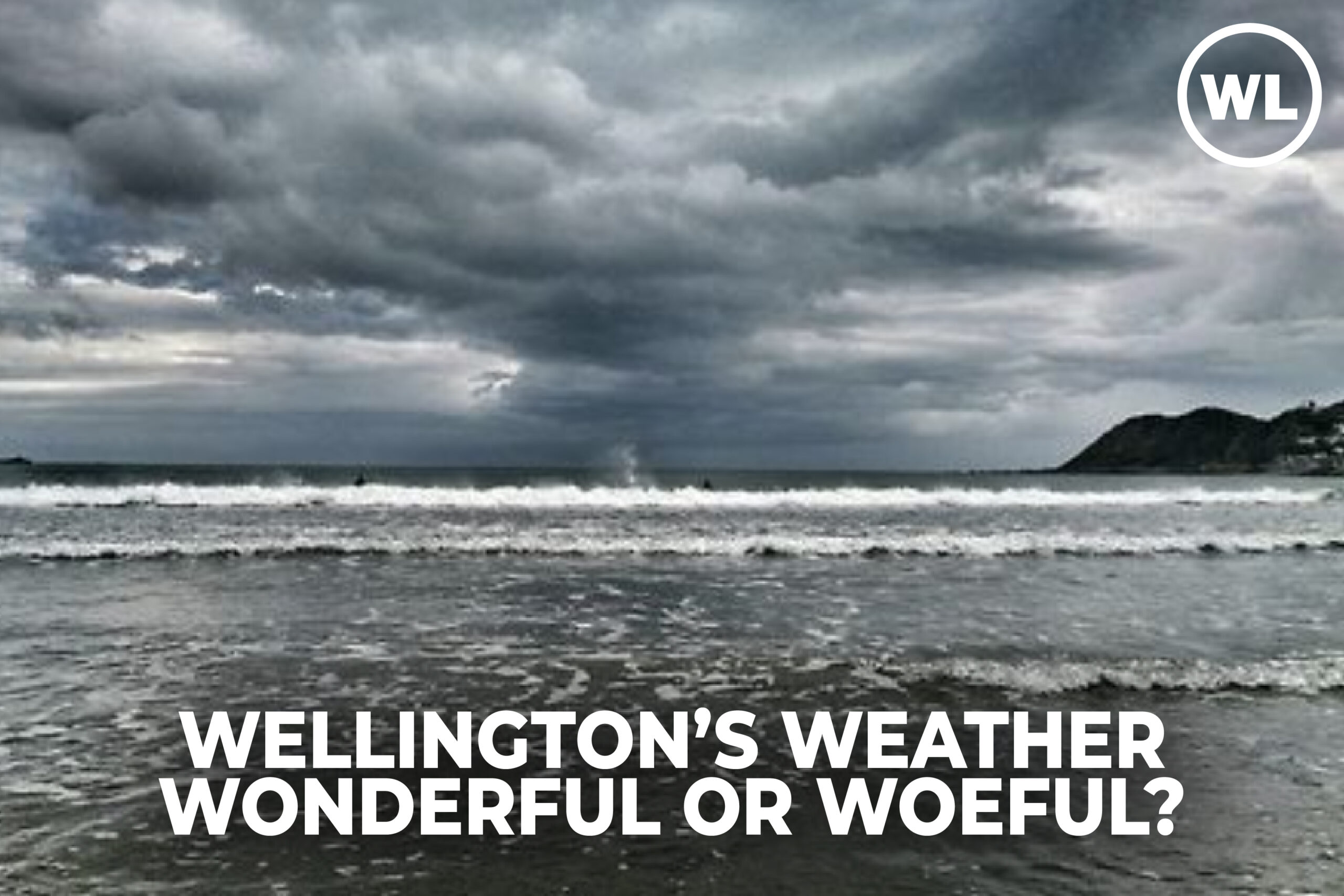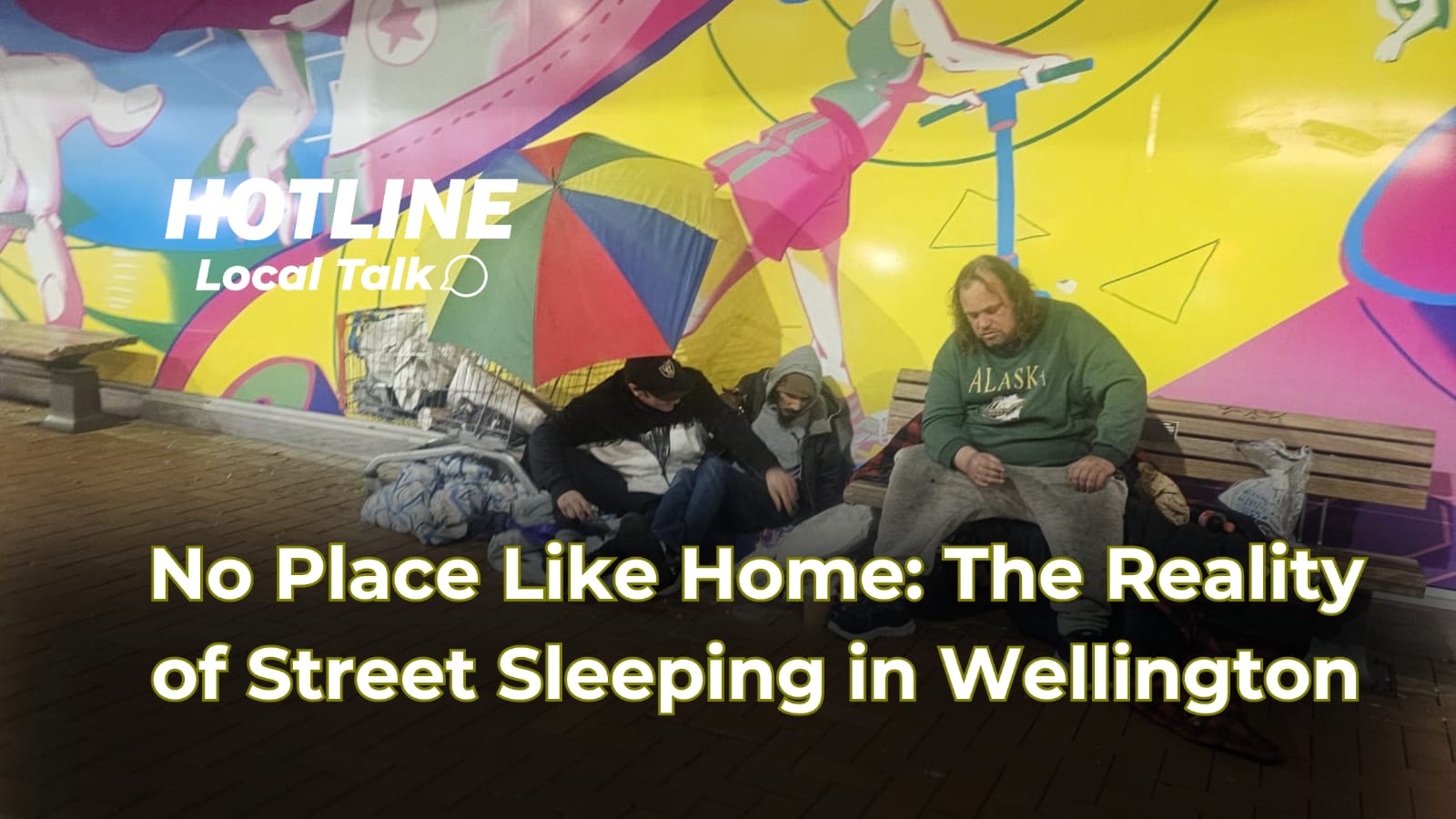By One Network Wellington Live
March 24, 2025
Wellington’s political corridors are humming today, and the name on everyone’s lips is Sam Uffindell. The National MP for Tauranga has thrust himself into the spotlight with his Equal Voting Rights Bill—a bid to scrap the distinct voting provisions tied to Māori wards in local councils. It’s a move rooted in National’s long-standing rhetoric of “one vote, one value,” but it’s landed like a Molotov cocktail in a city already wrestling with its identity. On March 21, 2025, Tui Shortland, a Māori governance expert, fired off a LinkedIn post calling it a “step backwards,” a sharp jab that’s fueled a firestorm. The twist? National’s top dogs seem to be stepping back, leaving Uffindell dangling. Has the party thrown him under the bus—or is this a calculated dodge?
The bill itself is a lightning rod. Uffindell’s proposal, tabled as a member’s bill in late 2024, aims to dismantle the voting rules that let Māori roll voters—those registered with iwi affiliations—elect candidates for council wards reserved for Māori representation. It’s a system baked into the Local Government Act since 2001, optional for councils but mandatory in Tauranga since 2021, when a Crown-appointed commission overhauled its governance after years of dysfunction. National’s beef is clear: they’ve argued since 2022 that these wards skew democracy, giving Māori voters a separate say over seats others can’t contest. Uffindell, who stormed into Parliament via a 2022 by-election with 56% of Tauranga’s vote, ran on that promise—equality, no exceptions.
Tauranga’s the test case. With 150,000 residents—5% Māori, or 7,500 people—the city’s Māori ward ensures one of nine council seats speaks directly for iwi. It’s a small slice, but it’s loud: Ngāi Te Rangi and Ngāti Ranginui, key hapū, fought for it after decades of being sidelined. Uffindell’s bill would axe that, folding Māori voters back into the general roll—same rules, same stakes. By February 2025, the bill drew 1,200 submissions to Parliament’s Justice Committee, a near-even split between cheers and jeers. Supporters—mostly National and ACT faithful—see it as fairness; opponents, including iwi and urban Māori, call it a gut punch to representation.
Shortland’s post cuts to the bone. “Step backwards,” she wrote, no fluff, no compromise. She’s a heavyweight—years advising Māori trusts and councils—and her critique frames Uffindell’s bill as a rollback on hard-won gains. Māori wards, she argues, aren’t handouts; they’re a nod to the Treaty of Waitangi, ensuring partnership in a system where Māori are 17% of NZ’s 5.1 million but hold just 5% of council seats nationwide. In Tauranga, that 5% population gets a 11% voice—one seat of nine. Scrap the ward, and it’s back to the general pool, where history shows Māori candidates rarely crack 3% of elected roles without targeted support.
Wellington feels the heat. The city’s 215,000 residents—14% Māori, or 30,000—have their own ward on deck: Te Whare o Ngā Tūpuna, slated for the 2025 local elections after a 2024 WCC vote. A poll that year showed 62% of locals backed it, citing fairness in a capital where Māori voices often drown in the Pākehā hum. Uffindell’s bill threatens that—pass it, and Wellington’s ward could revert to a general contest, diluting a voice for Ngāti Toa Rangatira and Te Āti Awa. Shortland’s words resonate here; a “step backwards” isn’t just policy—it’s personal in a city proud of its progressive streak.
National’s reaction—or lack of it—raises eyebrows. Party leader Christopher Luxon, pressed on March 20 outside Parliament, dodged with a bland “we’re reviewing all policies.” No endorsement, no slapdown—just fog. Senior MPs like Shane Reti and Nicola Willis stay mum—Reti’s stuck to health briefs, Willis to finance, neither touching Uffindell’s third rail. On X, posts from March 22 range from tepid praise—“Good on ya, Sam”—to biting sarcasm—“Thanks for taking one for the team.” The vibe? Uffindell’s solo, a frontbencher without a front line.
The party’s not blind to risk. National’s 49 seats from the 2023 election—down from 56% in Tauranga’s by-election—lean on a coalition with ACT (11 seats) and NZ First (8). The bill needs 61 votes to pass; National plus ACT hits 60, one shy unless Peters bites. NZ First’s leader hasn’t signaled—his 2024 line, “Māori don’t need handouts, just fairness,” could tilt either way. ACT’s David Seymour’s louder—his 2023 pledge to kill Māori wards aligns, but National’s coalition deal sidesteps it, focusing on tax cuts and crime. Uffindell’s bill feels like a rogue wave, not a party tide.
Opposition’s dug in. Labour’s 33 seats and the Greens’ 15—48 total—won’t budge. Willie Jackson, Labour’s Māori development spokesman, branded it “colonial nonsense” on March 21, rallying 200 supporters at a Thorndon hui. Greens co-leader Chlöe Swarbrick tweeted, “Equality isn’t erasing difference—it’s honouring it.” Te Pāti Māori’s 6 MPs, though small, amplify the roar—Rawiri Waititi’s 2024 clash over Rotorua’s trolley crackdown showed his bite. Wellington’s council, prepping its Māori ward, lobbies quietly—62% public support’s a shield, but Uffindell’s bill could pierce it.
Uffindell’s baggage weighs him down. His 2022 bullying scandal—admitting to teen assaults at King’s College—surfaced days after his by-election win. National stood firm then; Luxon’s “he’s grown” mantra held, and Tauranga’s 56% forgave. Now? It’s a ghost—Shortland’s post doesn’t name it, but her “step backwards” jab lands harder on a man with a past. National’s 49% in Tauranga’s 2023 vote—down 7 points—hints at fatigue. Wellington’s chatter, from Kelburn cafes to Thorndon pubs, paints him as a liability—“He’s exposed,” a barista shrugs, flipping pages.
The bill’s roots run deep. National’s 2022 manifesto vowed to “restore local democracy” by axing Māori ward provisions—a backlash to Labour’s 2021 move scrapping public veto polls on them. Tauranga’s ward, forced by the Crown, stoked that fire—National’s base, 60% Pākehā in the Bay of Plenty, cheered Uffindell’s run. Wellington’s different—14% Māori, 70% Pākehā, a liberal lean—but National’s 25% vote here in 2023 shows a foothold. The bill’s 1,200 submissions split 55-45 for repeal, per Justice Committee leaks, yet the 45% against—iwi, councils, urban Māori—scream loudest.
National’s silence could be chess. Let Uffindell test the waters—if it flops, he’s the fall guy; if it gains, Luxon claims it. Rotorua’s trolley sweep—45 carts back, chaos cut—proved bold works. Wellington’s green push with RCR and Stonewood—10 MW solar potential—shows risk pays. But this? Māori wards touch a nerve—5% of NZ’s 1,500 councillors are Māori, half via wards. Scrap them, and that drops to 2%, per Local Government NZ. Wellington’s 62% want their ward; National’s 49 seats can’t ignore that.
Uffindell’s not blinking. His March 21 X post—“Equal rights mean equal votes”—drew 800 likes, 400 retweets, but 1,000 replies split hard. Tauranga’s Ngāi Te Rangi warned of “lost trust” at a 2024 hui—7,500 Māori there could swing 10% of votes. Wellington’s Māori, 30,000 strong, rally too Те Āti Awa’s 2023 submission to WCC begged for voice. National’s coalition teeters—ACT’s 11 seats push right, NZ First’s 8 play coy. Peters’ “fairness” could sink it; 60 votes without him won’t fly.
The man’s alone in the ring. Luxon’s “reviewing” dodge—repeated thrice in a 10-minute presser—feels like a sidestep. Reti’s health focus, Willis’ budget grind—National’s heavyweights aren’t carrying water. X buzz hints at pity—“Sam’s the sacrificial lamb,” one post reads, 200 likes. Wellington’s council, 62% behind its ward, preps a fight—$50,000 budgeted for 2025 Māori engagement could shift if Uffindell wins. Labour’s Jackson plans a March 25 rally—200 already RSVP’d.
National’s history cuts both ways. Their 2011 Māori Party pact birthed wards; 2022 flipped that—56% of their base backed repeal in a 2023 NZ Election Study. Wellington’s 25% National vote—50,000 people—leans older, wealthier, less Māori. Uffindell’s bill fits that crowd, but the city’s 14% Māori, 30% under 40, push back. Shortland’s “step backwards” lands here—Wellington’s progressive sheen clashes with National’s rightward lurch.
By nightfall, as ferries slice the harbor, Uffindell’s fate hangs. National’s 49 seats need 12 more—ACT’s in, NZ First’s a maybe, opposition’s out. Tauranga’s 49% hints at cracks; Wellington’s 62% ward love signals war. He’s steering solo—National’s not grabbing the wheel. Thrown under the bus? Maybe—or just left to crash and learn.
TRUTH SEEKER
Instantly run a Quiz with friends... about the article. Interact more & analise the story. Dig in, catch out biased opinions, and "fact check" with TRUTH SEEKER by ONENETWORK WELLINGTONLIVE
Do you agree with the main argument of this article?
Total votes: 0
What is the main focus of Sam Uffindell's Equal Voting Rights Bill?
Bias Analysis
Fact Check Summary
True
Source: Article content
False
Source: Article content









